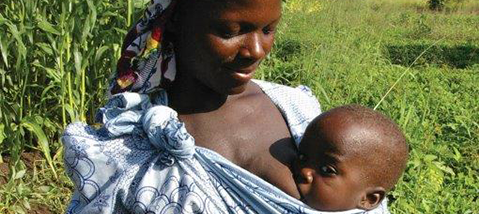The DHS Fellows Program Goes Virtual in 2022
The application for the 2022 DHS Fellows Program is now open The DHS Fellows Program builds the long-term institutional capacity of universities in DHS Program countries to train students and faculty to analyze DHS data. Since 2011, the DHS Fellows Program has trained more than 150 researchers from over 40 universities in 25 countries in Africa, Asia, and […]




